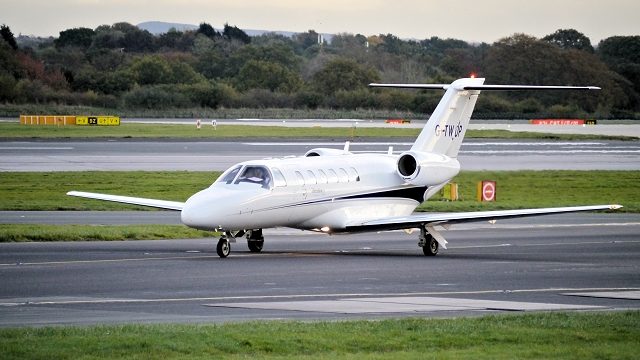Who is responsible for the most public transport emissions?
Climate change is intensifying. Globally, we are not on track to keep heating below 1.5 degrees C – and must make ‘rapid and deep’ emissions cuts if we are to limit it to 2 degrees C.
Every fraction of a degree matters. At 1.5 degrees C warming, for example, about 14% of Earth’s population will be exposed to severe heatwaves at least once every five years. At 2 degrees warming that number jumps to 37%.
Transport accounts for about a fifth of global CO2 emissions. But not everyone is equally responsible for this pollution. Half of all transport emissions in Britain come from just one in five people (15%) and the worst polluting 10% of the population are responsible for four tenths (42%) of all transport emissions.
People with an income over £100,000 travel at least double the distance each year of those earning under £30k, the IPPR research found.
Men are more likely to be high emitters than women, accounting for 68% of the highly affluent, unrestricted mobility group. Meanwhile, people from more deprived neighbourhoods tend to travel significantly less and emit fewer greenhouse gases than those from the least deprived.
The net zero transition is an opportunity to make transport fairer for everyone, reducing mobility inequality by helping people who can’t afford to own a car or fly.
But the government has failed to invest in key public transport services. Bus services outside of London have plummeted over the past 15 years, research released last year shows, with some areas seeing “staggering declines” of up to 80%. Train and tube strikes – launched by unions over ‘inadequate’ pay and working conditions – have shuttered large parts of the rail network over the past few years.
Lower-income people suffer when the government fails to invest in public transport, said Stephen Frost, principal research fellow at IPPR.
“By putting people at the heart of our approach to reducing Britain’s climate impacts we demonstrate both who is best placed to cut their emissions at the pace needed and how doing so can help tackle the underlying unfairness in who the transport system currently works for,” he urged.
“Now is not the time to slow down our efforts to reach net zero, doing so just fuels existing transport inequalities. The next UK government must step up the pace by delivering a credible, fair and people-focussed plan for more sustainable travel.”
The most important step will be reducing frequent flying with levies and private jet taxes. However, Rishi Sunak last year pledged to stop ‘heavy handed’ aviation taxes. This is not good enough, the IPPR report suggests.
“The government’s current laissez–faire approach to decarbonising aviation is untenable for a fair transition to net zero,” its authors urge.
“Emissions cannot be reduced in-line with the UK’s 2030 and 2035 legally-binding climate commitments without action to reduce the emissions associated with frequent flying,” the report urges. “Not doing this puts the burden of the transition on the shoulders of those with the least responsibility for fuelling the climate crisis.”









